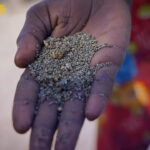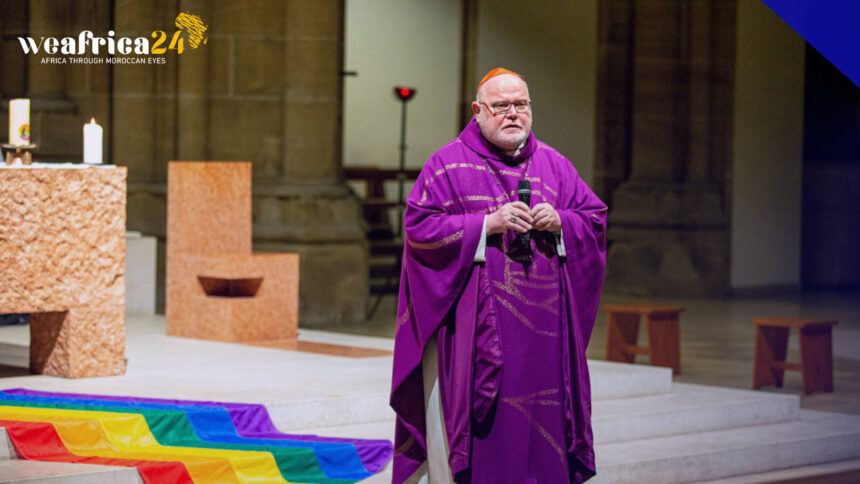Homosexuality has long been a contentious and sensitive topic in African countries, where religious and cultural beliefs often shape attitudes and behaviors towards sexual orientation. In many African societies, homosexuality is considered taboo, and those who identify as lesbian, gay, bisexual, or transgender (LGBT) often face discrimination, stigma, and even violence. The intersection of religion and culture creates a complex landscape that influences the understanding and acceptance of homosexuality in African countries.
Religion and Homosexuality, Complexities of Belief and Societal Attitudes
Religion plays a significant role in the lives of many Africans, with Christianity and Islam being the dominant faiths in many countries. Both of these religions have traditionally condemned homosexuality, based on interpretations of religious texts and teachings. In Christianity, for example, some African churches interpret the Bible as condemning same-sex relationships as unnatural and sinful. Similarly, in Islam, certain interpretations of the Quran and Hadiths view homosexuality as forbidden and punishable.
These religious beliefs often shape societal attitudes towards homosexuality, with religious leaders and institutions playing a prominent role in influencing public opinion. Many African countries have laws criminalizing homosexuality, with severe penalties, including imprisonment and even the death penalty in some cases. These laws are often justified on religious grounds, with claims that homosexuality goes against religious and cultural norms.
Progressive Voices for LGBT Inclusivity Amidst Cultural Challenges in Africa
However, it is important to note that not all religious leaders and institutions in Africa hold anti-LGBT views. Some progressive religious leaders and organizations advocate for inclusivity, tolerance, and acceptance of sexual diversity. They argue that religion should not be used to justify discrimination and violence against LGBT individuals and that love, compassion, and understanding should be the guiding principles of faith.
Culture also plays a significant role in shaping attitudes towards homosexuality in African countries. Homosexuality may be viewed as deviating from traditional beliefs and practices in many African cultures. African cultures, for example, place great value on marriage and procreation, and same-sex relationships can be seen as contradicting these values. In addition, African cultures value family and community, and homosexuality may be seen as a threat to these values.
The fear of social ostracism and rejection can result in many LGBT individuals in Africa hiding their sexual orientation, leading to a lack of visibility and representation in society. This invisibility further perpetuates negative attitudes and discrimination towards homosexuality, as many people may not personally know someone who identifies as LGBT, making it easier to hold prejudiced beliefs.
Struggles and Progress Amidst Challenges and Controversy
Despite the challenges faced by LGBT individuals in African countries, there are also growing movements advocating for the rights and acceptance of sexual diversity. Activists, human rights organizations, and allies are working towards challenging discriminatory laws, promoting acceptance and inclusivity, and raising awareness about the rights of LGBT individuals.
In recent years, there have been positive developments in some African countries regarding homosexuality. For example, South Africa is the only African country that has legalized same-sex marriage and provides constitutional protections for LGBT rights. Other countries, such as Mozambique, have decriminalized homosexuality. However, many challenges still persist, and progress is slow in other parts of the continent.
On the other hand, Uganda’s President Yoweri Museveni has taken a surprising stance by refusing to sign into law a highly controversial bill that seeks to impose the death penalty in certain cases of homosexuality. Museveni made this decision after a meeting with members of his ruling party, most of whom had previously supported the bill, which was approved by lawmakers just last month. This move by Museveni signals a potential shift in the country’s stance on LGBTQ+ rights, as Uganda has long been known for its harsh anti-LGBTQ+ laws and discrimination against LGBTQ+ individuals. It is worth noting that Uganda is not the only African country where LGBTQ+ rights face significant challenges, as several other African nations also have restrictive laws and policies that discriminate against LGBTQ+ individuals.







